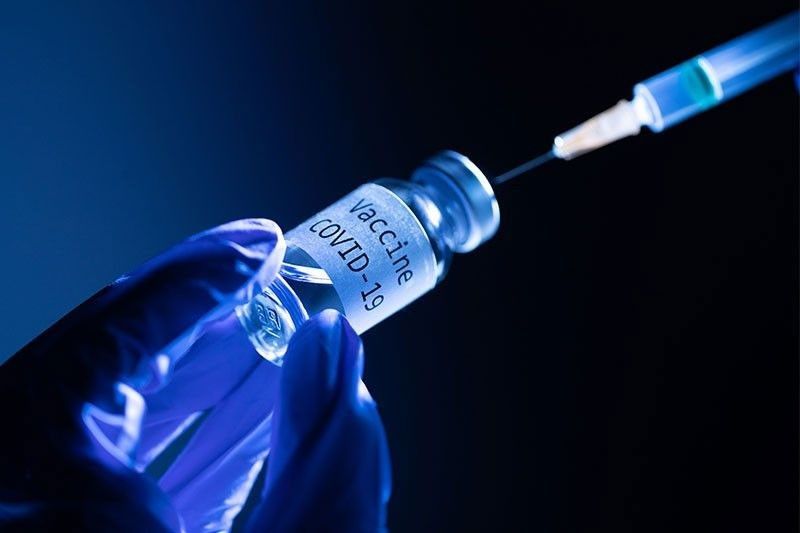‘Vaccine rollout to reduce risks of prolonged pandemic’

MANILA, Philippines — An effective mass vaccination program is expected to lessen the economic risks for countries experiencing prolonged effects of the pandemic, the Asian Development Bank (ADB) said.
In a joint webinar of ADB and the Johns Hopkins University yesterday, ADB president Masatsugu Asakawa maintained that economies of most of developing Asia, including the Philippines, will rebound this year to as much as 6.8 percent from the 2020 contraction of 0.2 percent.
The Philippines is expected to turn in a 6.5 percent gross domestic product (GDP) growth for 2021.
However, the availability of vaccines will significantly affect the road to economic recovery.
“Risks of a prolonged pandemic are tempered by vaccine developments and rollouts though progress on this front varies across economies,” Asakawa said.
“COVID-19 vaccines give us hope that we can gradually turn the tide and rebuild our economies,” he said.
Vaccine rollout in the Philippines, however, was the last to materialize in the Southeast Asian region.
As of March 3, only 756 doses have been administered in the country, or 0.0002 percent of the 265 million doses globally. It is miles away from the vaccination progress in its ASEAN neighbors like Indonesia which has so far rolled out 2.69 million doses, Myanmar with 104,664 doses and Cambodia 33,211 doses.
Generally, developing Asia is much behind in vaccination compared to the US and Europe. ADB principal health specialist Eduardo Banzon said a lot of factors can explain the slow progress.
“There’s problem on cold chain logistics for the vaccines and this is adult vaccination. Most of the countries are used to childhood vaccination, it’s a little different now,” Banzon said.
“It’s a campaign type and shifting to campaign mode for the next six months or so would be challenging. Vaccine hesitance is a problem but not a problem that cannot be solved,” he said.
ADB chief economist Yasuyuki Sawada, for his part, emphasized that vaccine rollouts – from procurement to deployment to confirmation of effectiveness – will shape every country’s reopening and recovery this year.
“Vaccine roll out is very critical in deciding and reopening of each country,” Sawada said.
Meanwhile, presidential spokesman Harry Roque denied insinuation by administration critics that President Duterte was setting the bar low when the latter said the country would achieve normalcy only by 2023. “Well, you know that going back to normalcy is anyone’s guess,” he said.
He explained the President’s statement was logical since some experts have said that the country might attain “herd immunity” only a year after a vaccination kickoff.
He said if the country completes its vaccination program this year, it will only be by 2022 that herd immunity could be established to signal a return to normalcy.
Roque said the government is working doublly hard to restore the public’s faith in the vaccine and the economy.
“I don’t think there is a chilling effect on consumption. Why? As the President has said a vaccination program will only have to take off and attract many people for him to decide on opening everything,” he said. – Christina Mendez
- Latest
- Trending


























